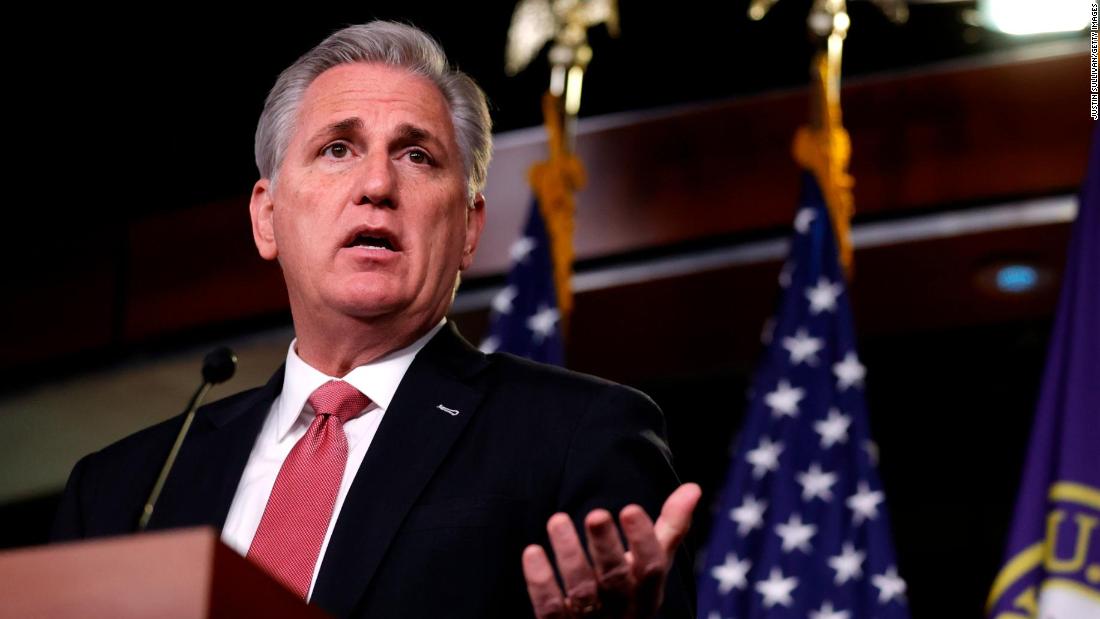
The simple answer: Fear.
Members of Congress who were too fearful to take a stand allowed fringe elements to engage in destructive tactics that brought the government to a standstill. Infuriated by this completely unnecessary and entirely preventable predicament, I ran my mouth for days, lamenting the failure of Congress to perform its most basic duty — to fund the government and keep it open.
I thought Boehner had summoned me to the proverbial principal’s office for my public statements about the shutdown and braced myself for a dressing down, but it never came. Instead, Boehner, who had also called four other House GOP colleagues into the meeting, began the conversation almost apologetically, trying to explain his thinking and rationale to pursue tactics and seek concessions that everyone knew would be rejected by the Democrat-controlled Senate. Understandably, Boehner said he wanted to break the members who tormented him by insisting upon a government shutdown to defund Obamacare. The problem with this strategy, of course, was the collateral damage to swing district members who were being blamed and pounded relentlessly by their constituents over the ongoing shutdown.
Yet Boehner said it was the remaining 109 or so that he was most concerned about. He said these members represented relatively safe GOP seats who were vulnerable to primary challengers. Depending on the issue, this group could be pulled in either direction — and on the government shutdown, many of them had reluctantly followed the fringe. While Boehner didn’t want the shutdown himself, he was sympathetic to this third group, explaining that they were particularly vulnerable to attacks and primary challenges from the right.
I did not react well to that final comment. I immediately objected and shot back, saying: “Why are the primaries of these members more important than mine?” As someone who represented a swing district and was accustomed to being hammered by opponents on the left and right, I had little patience or sympathy for members of this group. I went on, saying, “Tell them to raise a pile of campaign money, do good opposition research, and then tear the lungs out of your opponent. Whining and hiding in fear is no way to deal with a primary challenger.” When I finished this rant, Ohio Congressman Pat Tiberi, who was among Boehner’s closest confidantes in the House, said, “John, I hope you heard that.”
Far too many Republicans serve in Congress under a constant cloud of fear. Let’s call them the Fear Caucus. This group of decent men and women are unfortunately too worried about their own positions to publicly say what they believe about the former President’s conduct, temperament and fitness for office. What McCarthy said in exasperation about Trump’s responsibility for the Capitol riot probably reflects the sentiments of the majority of House and Senate Republicans. But what these Republicans are willing to say in public is too often another story.
These members must muster the courage to take a stand and call out radical elements within the party like Reps. Marjorie Taylor Greene, Madison Cawthorn, Matt Gaetz and a few others who have made extreme and inflammatory comments part of their political brand. GOP members of the Fear Caucus must also overcome their anxieties and speak out about former President Trump, especially when it comes to the lie that the 2020 election was stolen.
Silence only empowers the fringe elements of the GOP and fear makes even the most essential governance, like raising the debt ceiling or passing necessary funding bills, extraordinarily difficult. Sitting on the sidelines and hoping ‘YES’ while voting ‘NO’ is not what amounts to a profile in courage. Even worse, governing out of fear is often rewarded with understandable skepticism from voters and can lead to the very thing these members are seeking to avoid most: a primary challenge from the right.
While serving in Congress, I believed that I should be able to publicly express whatever it was that I said behind the closed doors of the House Republican Conference meetings and to defend at home what I said to my constituents.
In the last decade, the fringe elements within the party have increasingly dominated the GOP’s narrative. This problem will persist unless the decent people of the Republican Party stand up, speak out and lead from a position of strength instead of fear. And the way to defeat fringe elements who instigate and launch primaries is to fight them. Full stop.
Trump remains a dangerous political figure, despite his diminishing stature. But he and the extremists are outnumbered. The more good Republicans publicly speak out against extremism, the more likely Trump’s grip on the GOP can be broken. It’s called leadership, and it’s liberating.
It certainly beats cowering in fear.